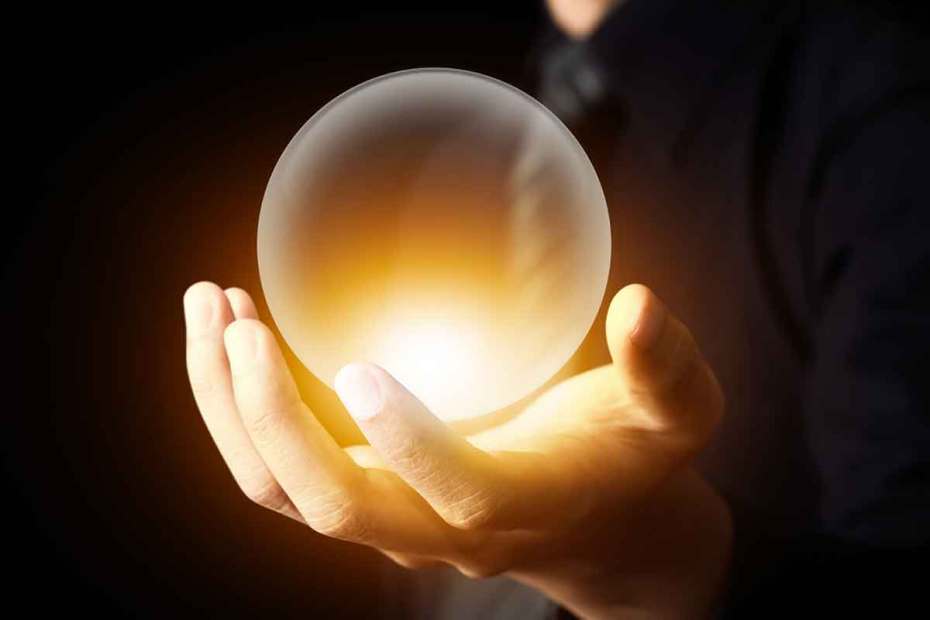
Image Credit: Shutter_M
In 1997, IBM’s Deep Blue beat world chess champion Gary Kasparov, the first time an AI technology was able to outperform a world expert in a highly complicated endeavor. It was even more impressive when you consider they were using 1997 computational power.
In 1997, my computer could barely connect to the internet; long waits of agonizing beeps and buzzes made it clear the computer was struggling under the weight of the task.Even in the wake of Deep Blue’s literally game-changing victory, most experts remained unconvinced. Piet Hut, an astrophysicist at the Institute for Advanced Study in New Jersey, told the NY Times in 1997 that it would still be another hundred years before a computer beats a human at Go.
Admittedly, the ancient game of Go is infinitely more complicated than chess. Even in 2014, the common consensus was that an AI victory in Go was still decades away. The world reigning champion, Lee Sedol, gloated in an article for Wired, “There is chess in the western world, but Go is incomparably more subtle and intellectual.”
Then AlphaGo, Google’s AI platform, defeated him a mere two years later. How’s that for subtlety?
In recent years, it is becoming increasingly well known that AI is able to outperform humans in much more than board games. This has led to a growing anxiety among the working public that their very livelihood may soon be automated.
Countless publications have been quick to seize on this fear to drive pageviews. It seems like every day there is a new article claiming to know definitively which jobs will survive the AI revolution and which will not. Some even go so far to express their percentage predictions down to the decimal point — giving the whole activity a sense of gravitas. However, if you compare their conclusions, the most striking aspect is how wildly inconsistent the results are.
One of the latest entries into the mire is a Facebook quiz aptly named “Will Robots take My Job?”. Naturally, I looked up “writers” and I received back a comforting 3.8%. After all, if a doctor told me I had a 3.8% chance of succumbing to a disease, I would hardly be in a hurry to get my affairs in order.
There is just one thing keeping me from patting myself on the back: AI writers already exist and are being widely used by major publications. In this way, their prediction would be like a doctor declaring there was only a 3.8% chance of my disease getting worse…at my funeral.
All this begs the question:…
The post Why are AI predictions so terrible? appeared first on FeedBox.